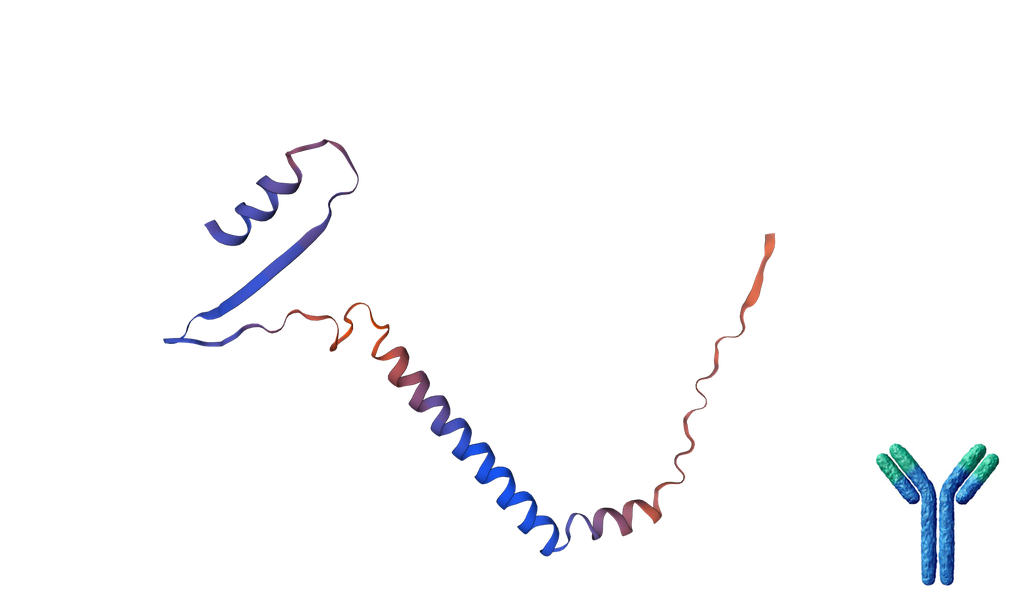Description:
Tyrosine hydroxylase (TH) is the rate-limiting enzyme in the synthesis of the catecholamines dopamine and norepinephrine. TH antibodies can therefore be used as markers for dopaminergic and noradrenergic neurons in a variety of applications including depression, schizophrenia, Parkinson’s disease and drug abuse (Kish et al., 2001; Zhu et al., 2000; Zhu et al., 1999). TH antibodies can also be used to explore basic mechanisms of dopamine and norepinephrine signaling (Witkovsky et al., 2000; Salvatore et al., 2001; Dunkley et al., 2004).
Physical State: Liquid; Buffer contents: 10 mM HEPES (pH 7.5), 150 mM NaCl, 100 μg per mL BSA and 50% glycerol
Storage/Stability: Stable at -20 °C for at least 1 year. For long term storage -20 °C is recommended
Purification Method: Prepared from sheep serum by affinity purification using a column to which immunogen was coupled. The antibody is predominantly of the IgG1 subclass.
Host Species: Sheep
Clonality: Polyclonal
Immunogen: Native rat tyrosine hydroxylase, purified from pheochromocytoma
Species Reactivity: All mammalian and at least some non-mammalian forms of the enzyme in Western blots and in IHC/IF.
Recommended Antibody Dilutions: WB, IF, IHC: 1:1000
References:
1) Kish SJ et al. (2001) Neuropsychopharmacology 24:561-567.
2) Salvatore MF et al. (2001) J Neurochem 79:349- 360.
3) Witkovsky P et al. (2000) J Chem Neuroanat 19:105-116.
4) Zhu MY et al. (2000) J Neurosci Meth 99:37-44.
5) Zhu MY et al. (1999) Biol Psychiatry 46:1275- 1286.
FOR RESEARCH USE ONLY
